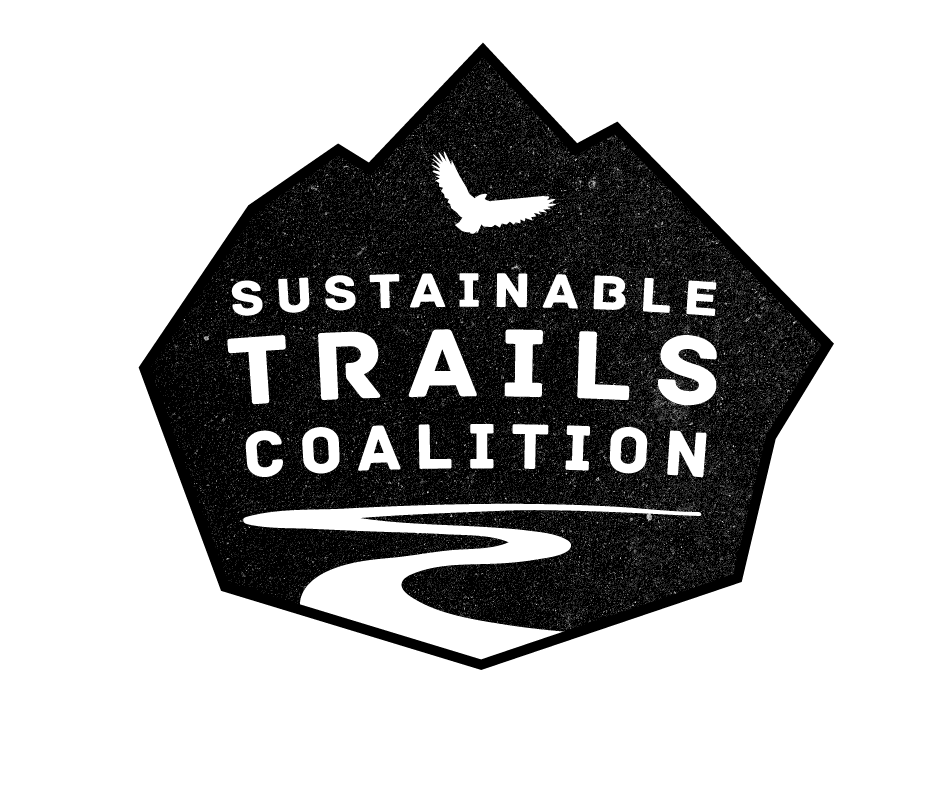We are very excited to report that the USDA Forest Service and the Department of the Interior testified before a Senate subcommittee on November 18, 2020, that bicycles should be allowed in Wilderness Areas and lands managed as Wilderness.
Agency staff testified before a Senate Committee on Energy and Natural Resources subcommittee regarding S.1695 - the Human-Powered Travel in Wilderness Areas Act, introduced by Senator Mike Lee (R.–Utah). Click here for video of the full testimony.
S.1695 would remove the agencies’ blanket bans on bicycling in Wilderness and revert to the Forest Service’s 1981 rule, allowing line officers to treat bikes as they do horses, hikers, campers, and hunters—i.e., allow or prohibit access based upon local conditions.
Chris French, Deputy Chief of the USDA Forest Service, testified:
“The USDA supports increased access to the national forest system lands and thus supports the bill’s intent.”
Michael Nedd, Deputy Director for Operations for the Bureau of Land Management, echoed Mr. French’s comments:
“The administration has placed a high priority on increasing public use and enjoyment of all federal lands. S.1695 aligns with this priority by providing greater access and recreational opportunities on public lands and the department supports the bill.”
Click here for video of their comments.
It is clear that federal land managers have come full circle - initially permitting bikes, then banning bikes through regulation, then permitting them conditionally, and then banned them again. The original definition of mechanical transport, adopted just after passage of the Wilderness Act, was:
“Mechanical transport, as herein used, shall include any contrivance which travels over ground, snow, or water, on wheels, tracks, skids, or by floatation and is propelled by a nonliving power source contained or carried on or within the device.”
36 CFR § 293.6(a) (1973), formerly 36 CFR § 251.75 (1966)
Federal agencies now agree that bikes represent a fundamental recreational activity for the “enjoyment of the American people” and that allowing cycling on selected Wilderness trails aligns with agency goals.
The hearing addressed a number of misplaced fears. Click here for video of these questions.
Not a blanket permit — Senator Lee asked Mr. Nedd, “Would the department seek public input before deciding on the suitability of a trail for other types of travel?” Nedd replied, “the process would include input from stakeholders.”
No new roads — When asked about new roads Mr. Nedd replied “the bill would allow just for the existing path and road but would not allow for new roads.”
Riding a bike is a healthy way for many to enjoy our public lands. Just as some people like to ride a horse, some prefer, or can only afford, to ride a bike. In this day and age of COVID-19, obesity, and the recognized importance of physical health, access and enjoyment of our public lands should be guided by inclusiveness, not exclusion.
STC urges everyone who believes in fair access to our public lands to contact their members of Congress and senators as well as bicycle advocacy groups and ask them to support this bill.
STC is a nonprofit, grass-roots organization with tens of thousands of followers on social media. We work to restore National Forest, Bureau of Land Management, and National Park staff discretion to allow mountain biking in Wilderness on a case-by-case basis.

